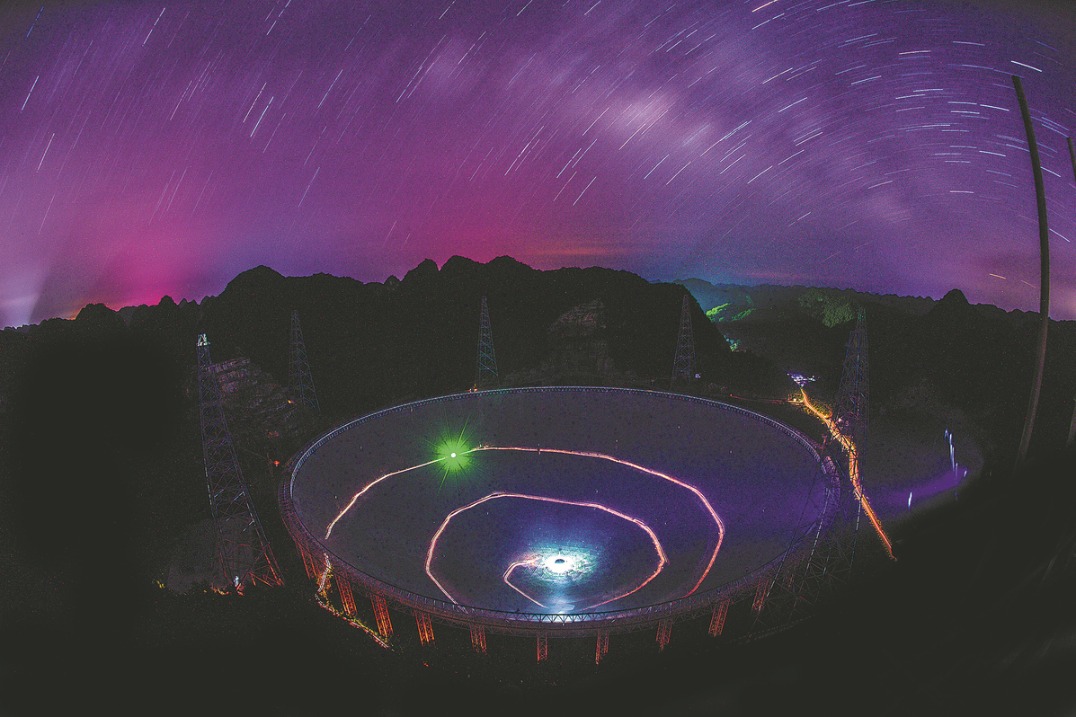China announces development plan for space science until 2050


China unveiled its first-ever medium- and long-term plan for space science development on Tuesday, setting out objectives for 2050.
The plan was jointly released by the Chinese Academy of Sciences, the China National Space Administration and the China Manned Space Agency at a news conference held by the State Council Information Office.
It aims to achieve "landmark original results with significant international impact" and establish China as a "space science power."
The plan outlined a three-phase roadmap leading up to 2050.
By 2027, China intends to continuously secure world-class achievements in disciplines where it has a strong foundation and advantages, such as high-energy time-domain astronomy, the origin and evolution of the Moon and Mars, and microgravity physics.
Additionally, in the next three years, it will consider implementing a series of space science missions in cutting-edge areas, including dark matter and extreme universe studies, gravitational waves, exoplanets, and solar activity.
Among these fields, five to eight missions will be proposed and initiated, with two to three major projects expected to deliver landmark results.
Between 2028 and 2035, China will deploy a range of space science missions, envisioning about 15 projects in frontier areas such as the early universe, nearby habitable exoplanets, early solar system exploration, and the search for extraterrestrial life.
By 2036 to 2050, China aims to achieve international leadership in critical fields, establishing itself as a "world space science power".
During a period of 15-years, the country aspires to make "revolutionary breakthroughs in basic research" in areas such as the origin and evolution of the universe, the nature of space-time, the origins of the solar system and life, and crewed deep-space exploration, thereby "expanding the boundaries of human knowledge and advancing civilization".
Meanwhile, China plans to guide the global development of space science, proposing over 30 missions and positioning itself with a core of competitiveness and strong leadership in the next wave of scientific and technological revolution.
- Tower representatives exchange innovation insights in Chongqing
- Fudan University launches research center for astronomy, astrophysics
- Xi urges developing system of modern military theory
- China launches crackdown on popular 'wax bottle candies' amid safety concerns
- Tongji students awarded for developing virtual tactile clothing
- Conservation farming strategies shared at economic event in Jilin





































